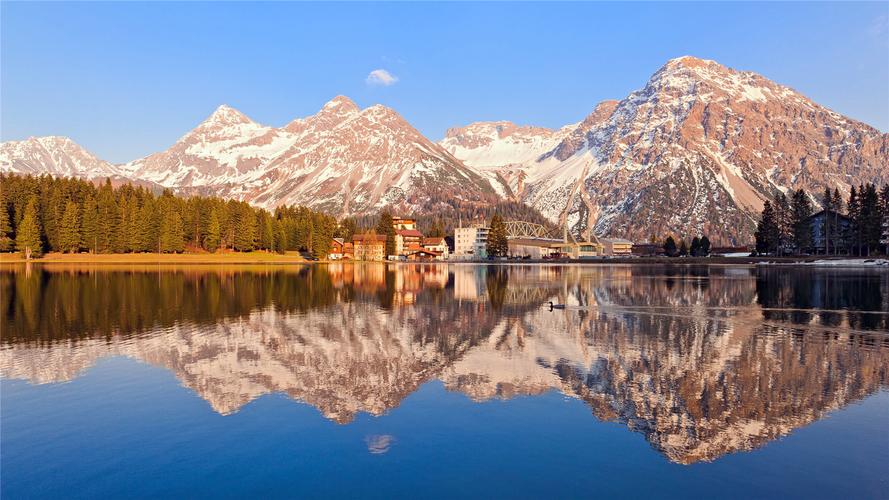The human cultural evolution timeline is a fascinating journey that spans millions of years, from the Paleolithic era to modern times. It is a story of human innovation, creativity, and adaptation, revealing how our ancestors gradually evolved from hunter-gatherers to settled communities, from prehistoric cultures to modern societies.
The Paleolithic era, also known as the “Old Stone Age,” began around 2.6 million years ago and ended roughly 10,000 years ago. During this period, early humans lived as nomadic hunter-gatherers, relying on natural resources for survival. However, over time, humans developed new technologies, such as stone tools, fire, and language, which allowed them to adapt to changing environments and develop more complex social structures.
Around 12,000 years ago, the Neolithic era began, marking the beginning of agriculture and the domestication of plants and animals. This led to the rise of settled communities, as humans began to live in one place to cultivate crops and raise livestock. As a result, humans developed new forms of social structure, religion, politics, and art.
The Bronze Age, which began around 3300 BCE, saw the advent of metalworking and the emergence of writing systems. It brought about significant changes in technology, trade, and warfare, leading to significant cultural advancements in different parts of the world.
In the Iron Age, which began roughly around 1200 BCE, humans developed advanced metallurgy techniques and witnessed the rise and fall of formidable empires, such as the Greeks, the Romans, and the Chinese. The Iron Age also marked the emergence of major religions such as Judaism, Hinduism, and Buddhism.
The Medieval era, which spanned from the 5th to the 15th century, saw the rise of feudalism, the growth of the Catholic Church, and significant advancements in art, literature, and science.
The Renaissance period, which began in Italy around the 14th century, marked a significant shift in human cultural evolution, with an emphasis on humanism and scientific inquiry. It saw the emergence of great artists, such as Leonardo da Vinci and Michelangelo, creating some of the most celebrated artworks of all time.
The Age of Enlightenment, which began around the 17th century, was marked by a focus on reason and individualism. This period brought about significant advances in science, politics, and philosophy.
Modern times, from the 18th century to the present, have witnessed an explosion of cultural diversity, globalization, and technological innovation. Today, we live in a world that is more interconnected than ever before, with shared values, beliefs, and habits.
In conclusion, the human cultural evolution timeline is a journey of innovation, creativity, and adaptation. From hunter-gatherers to modern societies, humans have developed new technologies, social structures, religions, and art forms, enabling us to adapt and thrive in changing environments. Understanding this evolution is essential in appreciating the rich diversity of cultures across the world.
(Note: Do you have knowledge or insights to share? Unlock new opportunities and expand your reach by joining our authors team. Click Registration to join us and share your expertise with our readers.)
Speech tips:
Please note that any statements involving politics will not be approved.
